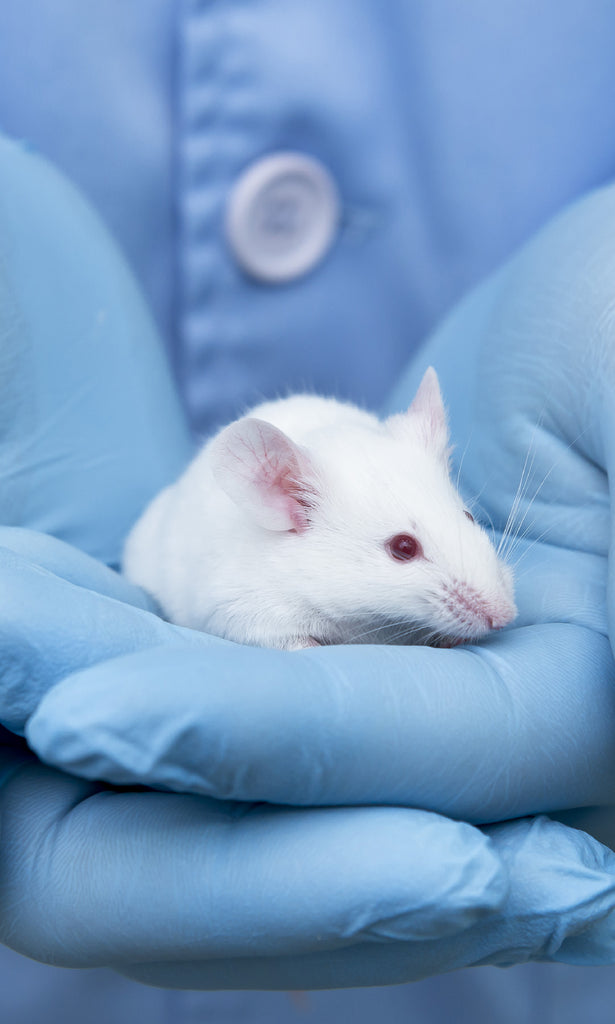The quest for effective and safe sleep aids has led researchers to explore traditional remedies that hold the potential to address sleep-related challenges. Among these, Ganoderma lucidum, also known as Ling Zhi or Reishi mushroom, has garnered attention for its historical use as a tranquilizing agent. A study titled "Extract of Ganoderma lucidum prolongs sleep time in rats" delves into the sleep-promoting effects of Ganoderma lucidum extract (GLE) and offers a glimpse into the potential mechanisms behind its hypnotic properties. This article delves into the study's objectives, methodology, key findings, and the broader implications of these discoveries in the realm of natural sleep enhancement.
Ganoderma lucidum: An Ancient Tranquilizer for Modern Sleep Woes:
Ganoderma lucidum, a basidiomycete white-rot macrofungus, has been utilized for centuries in traditional Chinese medicine to alleviate restlessness, insomnia, and palpitations. Known as "Ling Zhi," this mushroom has earned a reputation for its "An-Shen" effect, denoting its tranquilizing qualities. The study aims to uncover whether Ganoderma lucidum extract (GLE) can indeed influence sleep patterns in freely moving rats and elucidate the potential mechanisms underlying this effect.
Methodology: A Pathway to Understanding:
The researchers obtained Ganoderma lucidum extract from the fruiting bodies of the mushroom. Rats were subjected to three days of oral GLE treatment, after which electroencephalographic (EEG) and electromyographic (EMG) recordings were conducted over a span of six hours during the rats' active period (9:00 p.m. to 3:00 a.m.). These recordings provided insights into sleep parameters. The researchers also assessed the levels of tumor necrosis factor-α (TNF-α), a cytokine associated with sleep regulation.
Delving into Sleep Effects:
The administration of GLE over a span of three days yielded intriguing results. At a dosage of 80 mg/kg (i.g.), GLE significantly extended total sleep time and non-rapid eye movement (NREM) sleep time in freely moving rats. Remarkably, this effect was achieved without influencing slow-wave sleep (SWS) or rapid eye movement (REM) sleep. These findings alluded to GLE's potential as a sleep-enhancing agent, warranting further exploration into its mechanisms of action.
Unraveling Mechanisms: The Role of TNF-α:
The study investigated the potential involvement of cytokines, specifically TNF-α, in GLE's sleep-enhancing effects. Corresponding with the increase in sleep time, the levels of TNF-α exhibited a concurrent rise in serum, hypothalamus, and dorsal raphe nucleus. To delve deeper, the researchers introduced an intracerebroventricular injection of TNF-α antibody, leading to the significant inhibition of GLE's hypnotic effect. Additionally, co-administration of GLE and TNF-α at ineffective doses exhibited an additive hypnotic effect.
Conclusions and Ethnomedical Validation:
The study titled "Extract of Ganoderma lucidum prolongs sleep time in rats" sheds light on GLE's potential to promote sleep in rats. While the exact mechanisms remain elusive, the findings suggest a connection between GLE and the modulation of cytokines, particularly TNF-α. These insights lend support to the historical use of Ganoderma lucidum in traditional medicine as a sleep aid.
Broader Implications: Natural Remedies for Sleep Enhancement:
The investigation into Ganoderma lucidum's sleep-enhancing effects underscores the allure of natural interventions in addressing sleep disturbances. With its ethnomedical legacy substantiated by modern research, Ling Zhi emerges as a potential solution for those seeking restful slumber. As the study reveals tantalizing glimpses into the intricate web of cytokine modulation and sleep enhancement, it beckons further research into the untapped potential of traditional remedies.
Read more here: https://www.sciencedirect.com/science/article/abs/pii/S0378874111008981
References:
- Cui, X., Cui, S., Zhang, J., Wang, Z., Yu, B., Sheng, Z., Zhang, X., & Zhang, Y. (2012). Extract of Ganoderma lucidum prolongs sleep time in rats. Journal of Ethnopharmacology, 139(3), 796–800. https://doi.org/10.1016/j.jep.2011.12.020
- Lin ZB. Cellular and molecular mechanisms of immuno-modulation by Ganoderma lucidum. J Pharmacol Sci. 2005;99(2):144-153.
- Chu QP, Wang LE, Cui XY, et al. Extract of Ganoderma lucidum potentiates pentobarbital-induced sleep via a GABAergic mechanism. Pharmacol Biochem Behav. 2007;86(4):693-698.
- Gao Y, Zhou S, Jiang W, Huang M, Dai X. Effects of ganopoly (a Ganoderma lucidum polysaccharide extract) on the immune functions in advanced-stage cancer patients. Immunol Invest. 2003;32(3):201-215.
- Opp MR. Cytokines and sleep. Sleep Med Rev. 2005;9(5):355-364.
- Lin ZB. Cellular and molecular mechanisms of immuno-modulation by Ganoderma lucidum. J Pharmacol Sci. 2005;99(2):144-153.
- Opp MR. Sleep and psychoneuroimmunology. Neurologic Clinics. 2006;24(3):493-514.

